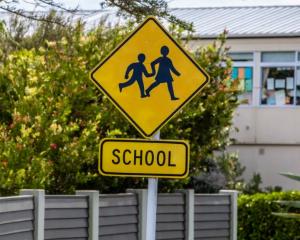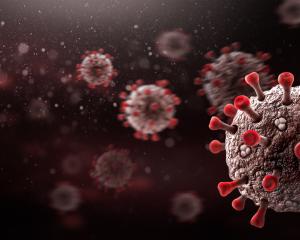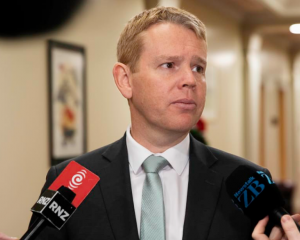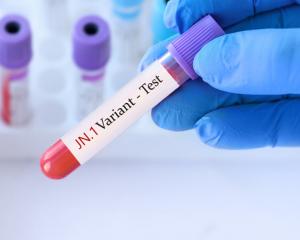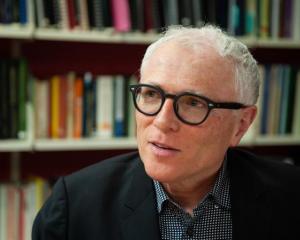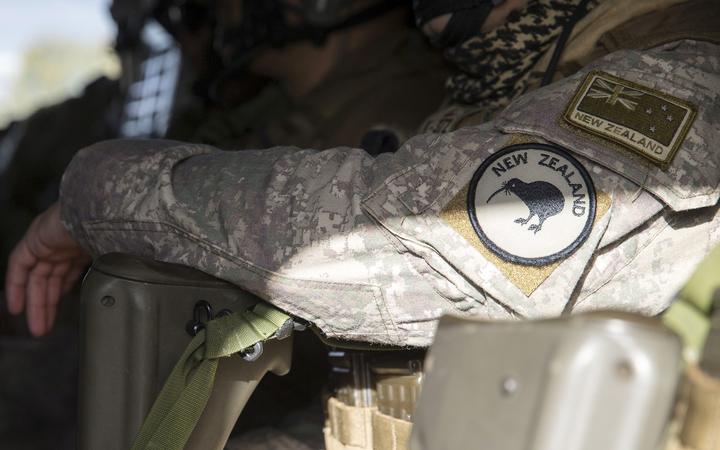
The New Zealand Defence Force is threatening to sack service members who do not get a Covid-19 vaccination.
More than 8800 first doses have been administered to uniformed personnel, civilian employees, reserves and foreign military staff since March.
But RNZ has learned some are refusing to take the dose.
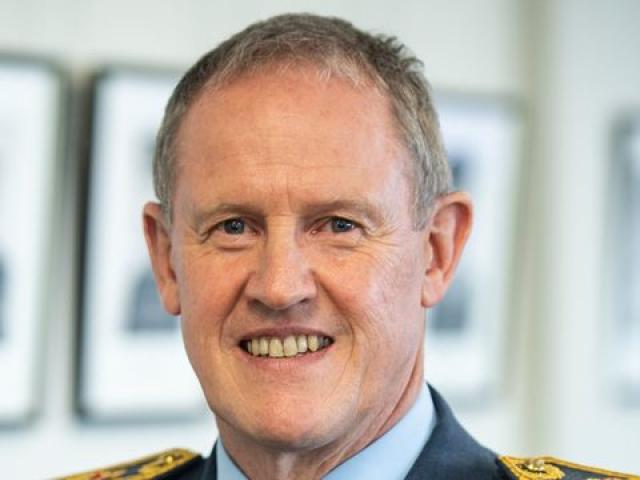
So far, about 180 people - 1.8 percent of uniformed personnel - have declined the vaccination, with hesitancy about the new vaccine being the main concern.
In that communication to staff, Short said every uniformed member of the NZDF who could receive the vaccine was expected to get it.
"I have been told that there are individuals and pockets of individuals amongst the Defence Force who are choosing to not attend appointments at the [Operations] Vaccinate clinics, and others who are choosing to not receive a vaccine," he said.
While every service person had the right to decline vaccination, that choice would have consequences, Short said.
"Electing to not meet the baseline immunisation readiness criteria will result in a review of an individual's future service.
"I acknowledge that there will be a very small number of people who are unable to be vaccinated for medical reasons.".
Those who refused were given a one-on-one appointment with medical specialists to discuss their concerns.
But an NZDF employee, who chose to stay anonymous, said such threats to require vaccination were not only unethical but unnecessary.
"Despite being in uniform, service personnel are still entitled to fundamental human rights through the New Zealand Bill of Rights 1990.
"The threat to terminate the employment of service personnel is clearly coercive and effectively undermines the autonomy of the individual service person to refuse medical treatment," the employee said.
In some extreme circumstances it may be reasonable to encroach on these rights - particularly where the risk to others was greater than the ethical burden of limiting the freedoms of an individual, he said.
But he did not believe this was the case within the Defence Force.
"The burden of the very small minority who dissent, on the ability of the NZDF to perform its mission ... would be tiny and easily mitigated by the deployment of some of the other 8000 members of the vaccinated workforce to the border and the employment of the unvaccinated remainder elsewhere."
The employee said he personally believed in the rollout plan to fight Covid-19 and would get vaccinated.
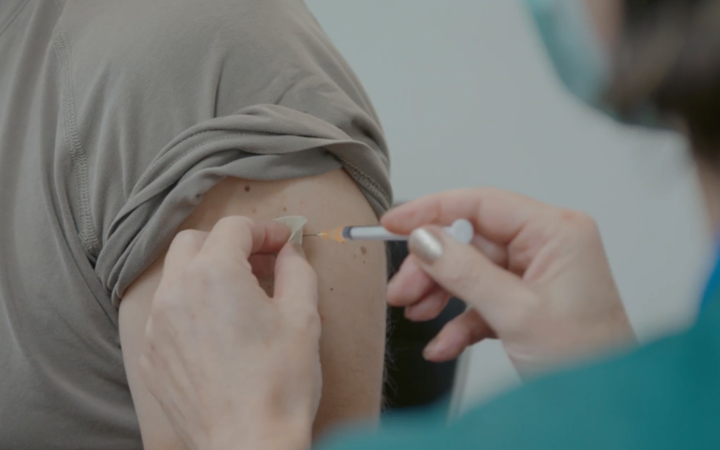
'A lawful command'
Lawyer David Pawson was a member of the New Zealand Military Police special investigation branch.
The Defence Force was well within its right to discharge service members for refusing the vaccine, he said.
"They are subject to the Armed Forces Discipline Act as well as the Defence Act. The Defence Force is not subject to the Employee Relations Act, therefore, they are not employees.
"If the Defence Force requires a soldier, sailor or airman to undergo any sort of vaccination to be deployed or perform any particular task then I think that would be a lawful command," he said.
However, the process was long and complicated, he said.
"There would be a number of steps beforehand, but if the command is lawful, and in this case - in my opinion - it would be. And if the service person refuses, they are likely to be charged with failure to comply with a lawful order.
"The decision as it is if they are dismissed from service, that's a whole other issue which would be decided at the end of the process."
Defence Force responds
Chief of Defence Force Air Marshal Kevin Short told RNZ's Morning Report programme today that anyone who wouldn't take the vaccine would have their employment reviewed.
It was a decision made on a case-by-case basis, he said, but "they may have their employment terminated".
"I think it's reasonable that the government and New Zealanders would expect the Defence Force to be ready to support the government's priorities, in this case the highest priority is actually protection of the border.
"I think we all know that by the end of this month, a week away, everybody who works in an isolation facility or a quarantine facility must be inoculated."
Short said the Defence Force had a large number of people working in MIQ facilities.
Anyone who decided not to have the vaccine would meet with a health official to voice their concerns and then would talk to their commanding officer about their employment options
"Because they've taken one of them off the table, which is the primary one which is at the border."
New recruits have to take the vaccine and will not get in the door without it, he said.
In an earlier separate statement, a Defence Force spokesperson said it had a 1000-strong rotating roster across the managed isolation and quarantine (MIQ) system.
"Because the NZDF regularly rotates personnel through the MIQ facilities, it is not the same 1000 people on duty all of the time, so it made sense to vaccinate the entire deployable NZDF military workforce.
"This also ensures that vaccinated personnel are available for other tasks such as short notice domestic and international deployments, for example, humanitarian assistance and disaster relief deployment in the Pacific," the statement said.
The NZDF had also ensured all uniformed personnel working in management roles in the MIQ facilities had been vaccinated with at least the first dose.


